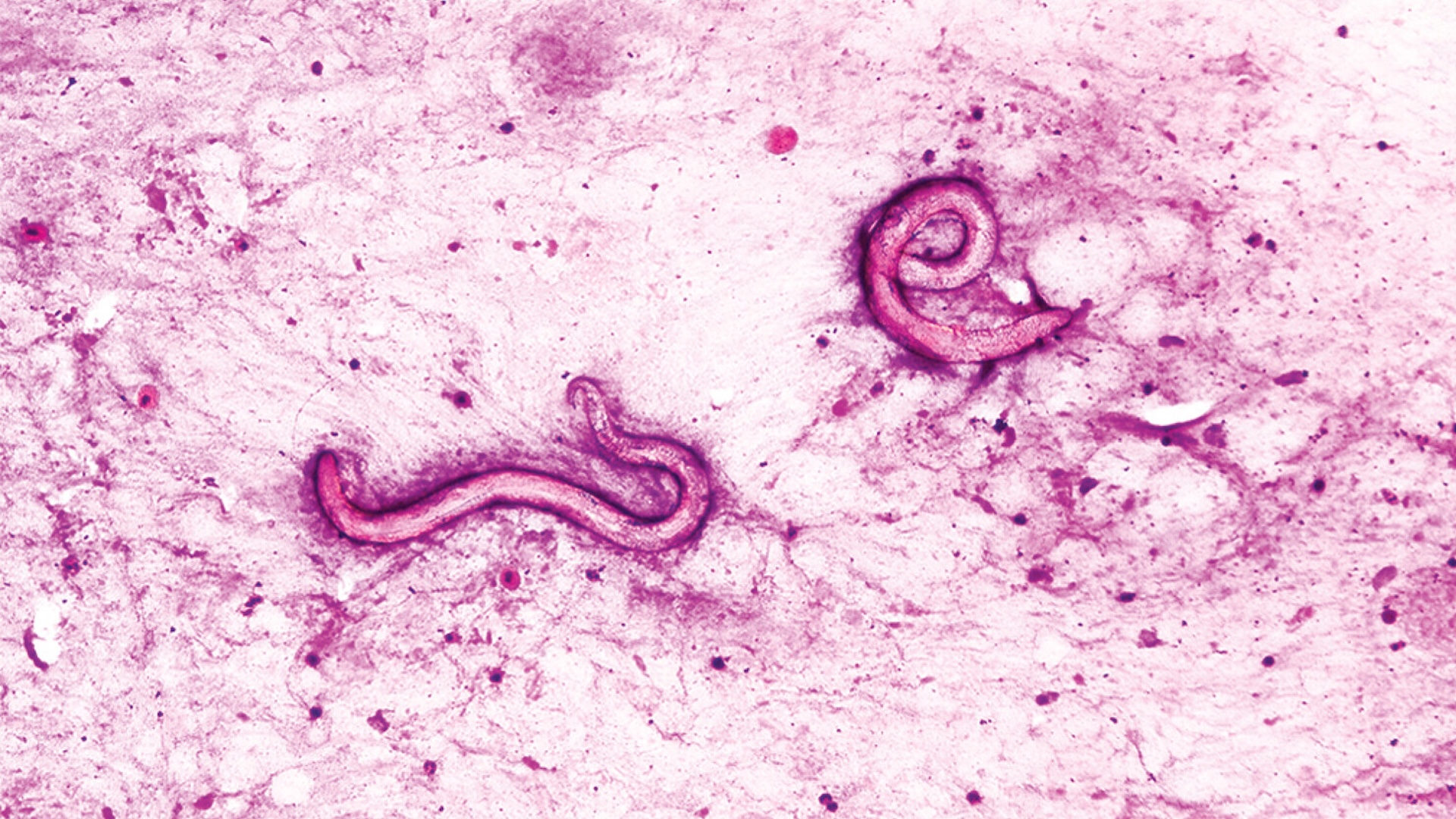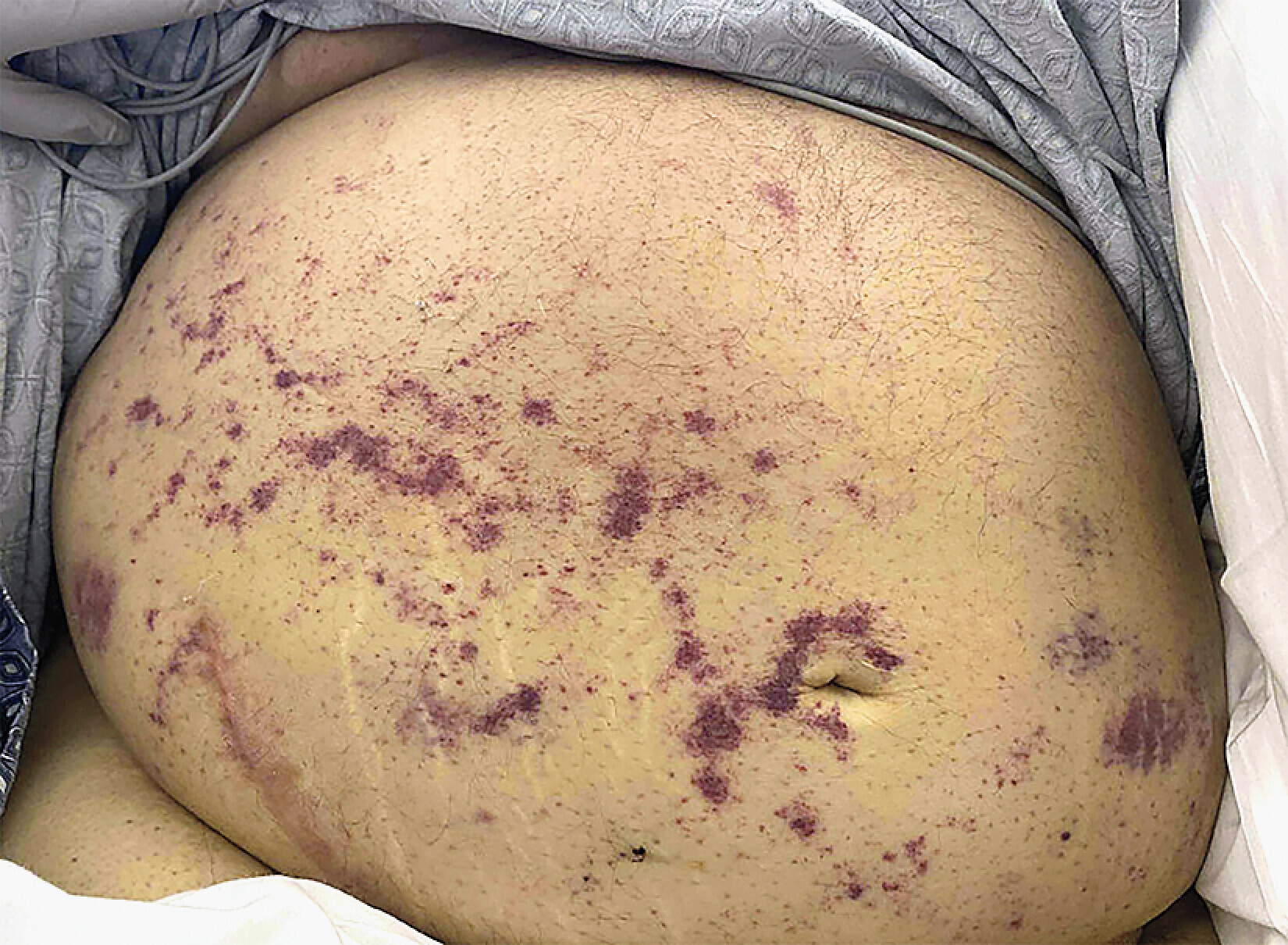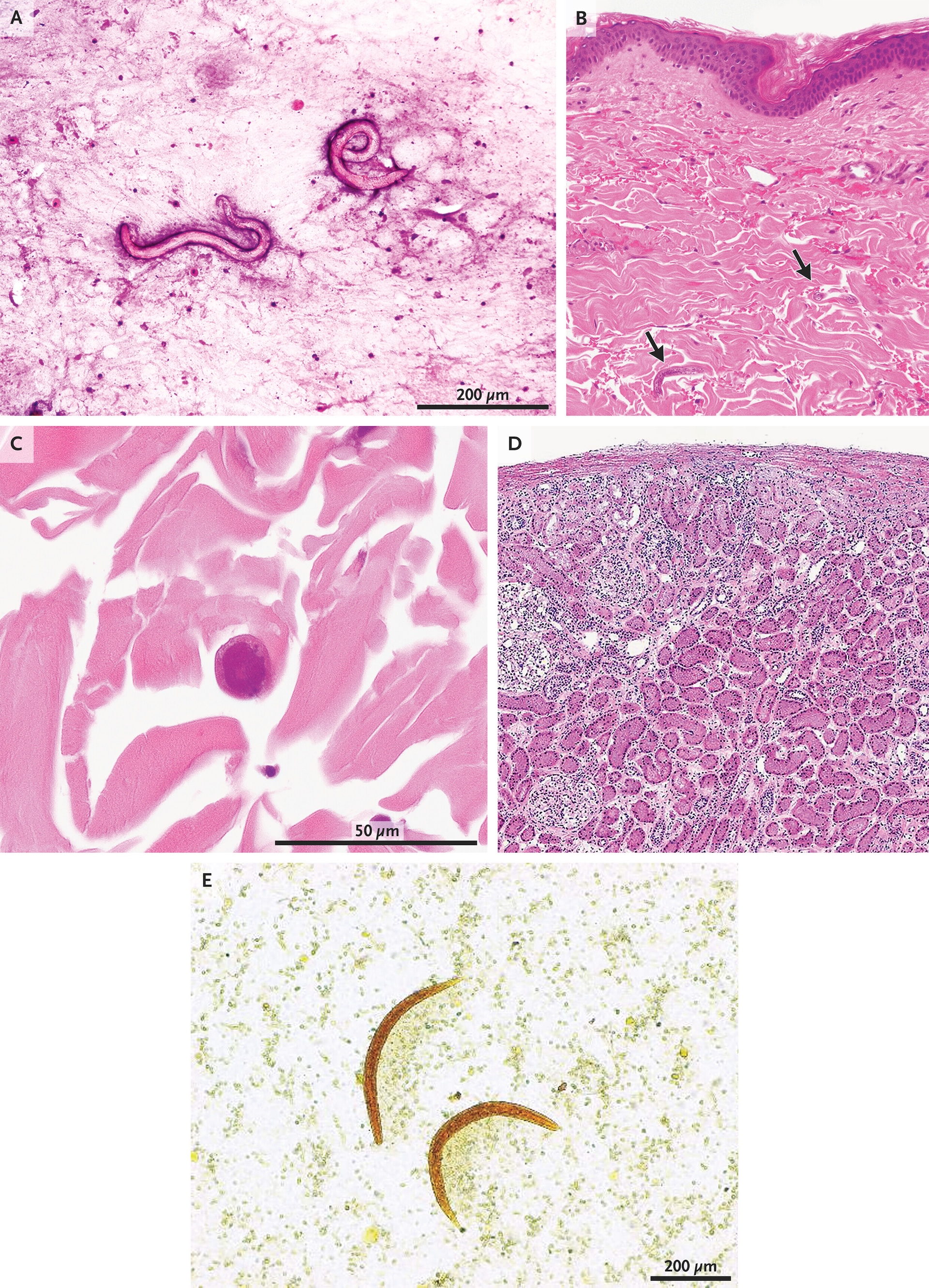Man's body crawling with parasitic worms after infected kidney transplant at US hospital
A second transplant patient also became infected, leading their doctors to surmise that their new kidneys were likely to blame.

Get the world’s most fascinating discoveries delivered straight to your inbox.
You are now subscribed
Your newsletter sign-up was successful
Want to add more newsletters?

Delivered Daily
Daily Newsletter
Sign up for the latest discoveries, groundbreaking research and fascinating breakthroughs that impact you and the wider world direct to your inbox.

Once a week
Life's Little Mysteries
Feed your curiosity with an exclusive mystery every week, solved with science and delivered direct to your inbox before it's seen anywhere else.

Once a week
How It Works
Sign up to our free science & technology newsletter for your weekly fix of fascinating articles, quick quizzes, amazing images, and more

Delivered daily
Space.com Newsletter
Breaking space news, the latest updates on rocket launches, skywatching events and more!

Once a month
Watch This Space
Sign up to our monthly entertainment newsletter to keep up with all our coverage of the latest sci-fi and space movies, tv shows, games and books.

Once a week
Night Sky This Week
Discover this week's must-see night sky events, moon phases, and stunning astrophotos. Sign up for our skywatching newsletter and explore the universe with us!
Join the club
Get full access to premium articles, exclusive features and a growing list of member rewards.
Two men were left riddled with parasitic worms after they received infected kidney transplants at two U.S. hospitals, a new case report reveals.
The two kidneys had come from the same organ donor, who had resided in the Caribbean before death, according to the report, published June 18 in the New England Journal of Medicine.
The first of the two kidney recipients, a 61-year-old man, had undergone transplant surgery at Massachusetts General Hospital (MassGen). Ten weeks after receiving the transplant, he was transferred back to MassGen after an initial admission to a different hospital.
He had developed nausea, vomiting, excessive thirst, abdominal discomfort, back pain and a fever. At the first hospital, doctors found fluid building up in his lungs, and the man began breathing quickly, feeling as though he couldn't get enough air, and his oxygen levels dropped.
As he entered respiratory failure and shock — meaning he had dangerously low blood pressure — he was transferred to the intensive care unit of MassGen, where doctors documented a purple rash, like a constellation of bruises, spreading across the skin of his stomach.
The doctors began an extensive investigation into the patient's medical history and ran a battery of tests to pinpoint the cause of his symptoms.
Related: 32 scary parasitic diseases
Get the world’s most fascinating discoveries delivered straight to your inbox.
The patient was on immunosuppressive medications to prevent his body from rejecting his new kidney, making him more susceptible to infections. The medical team, including infectious disease and organ transplant expert Dr. Camille Kotton, had the challenge of whittling down a lengthy list of possible infections to find the most likely cause.
They could rule out bacterial infections, because the man had been given antibiotics and wasn't improving. He was also taking an antiviral and had tested negative for SARS-CoV-2, the virus behind COVID-19. That left some kind of parasite as a likely culprit. This was backed up by the fact that levels of eosinophils, a type of white blood cell that fights parasitic infections, had also spiked in the man's blood. These cells can also spike due to drug reactions or transplant rejection, but those causes were unlikely given the man's symptoms, Kotton noted.

Kotton had heard of cases in which transplanted organs infected their recipients with a small roundworm called Strongyloides stercoralis. She contacted New England Donor Services, a regional organ-procurement organization, about the potential contamination. Although the kidney donor was deceased, they were able to test a vial of the donor's blood, which had antibodies for Strongyloides, meaning the donor's immune system had at some point encountered the worm.
Tests of the patient's blood samples showed that he did not have antibodies to Strongyloides before the transplant, but he did afterward. When the medical team sampled various sites across the man's body, they found that the worms had spread far and wide, invading his abdomen, lungs and skin.

Infections from transplants are rare — in over 10 years of transplants in the U.S., donor-derived infections affected only 14 out of every 10,000 organ transplants, a review found. U.S. doctors cannot use organs from people with certain active infections, such as tuberculosis, and donated organs are tested for infectious diseases, but these tests don't always catch everything.
The review noted 13 proven or probable Strongyloides infections over a decade, accounting for 42% of all parasitic infections transmitted by organ transplants. Prior to this review, fewer than 1 in 4 organ transplant organizations regularly screened for Strongyloides, but in 2023, the Organ Procurement and Transplantation Network called for universal testing for this parasite.
The MassGen medical team treated the man with ivermectin, a powerful antiparasitic drug. They received special permission to administer the drug directly underneath his skin to combat the full body infection, which ultimately cured him.
Meanwhile, other medical centers that had transplanted organs from the same deceased donor were notified. This flagged a 66-year-old man who was being treated at Albany Medical Center for fatigue, low white blood cells and worsening kidney function following a transplant operation.
Sharing notes with the MassGen team, the doctors were able to successfully treat this second patient, who had received the donor's other kidney.
"Organ transplants save lives," a spokesperson for Albany Medical Center told Live Science in an email. "In rare cases like this, the communication and coordination between our hospitals and the involvement of infectious disease physicians at both hospitals was critically important, as was the alert our regional organ procurement organization provided us."
Live Science have contacted MassGen for comment.

Anna Rogers is a freelance journalist based in Oakland, California. She previously worked in science communication at the NIH, and her stories have appeared in Slate, Scientific American, and Discover magazine, among other outlets.
You must confirm your public display name before commenting
Please logout and then login again, you will then be prompted to enter your display name.
 Live Science Plus
Live Science Plus










